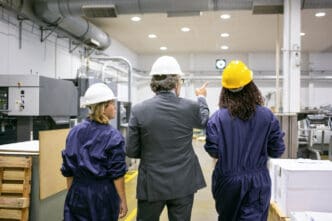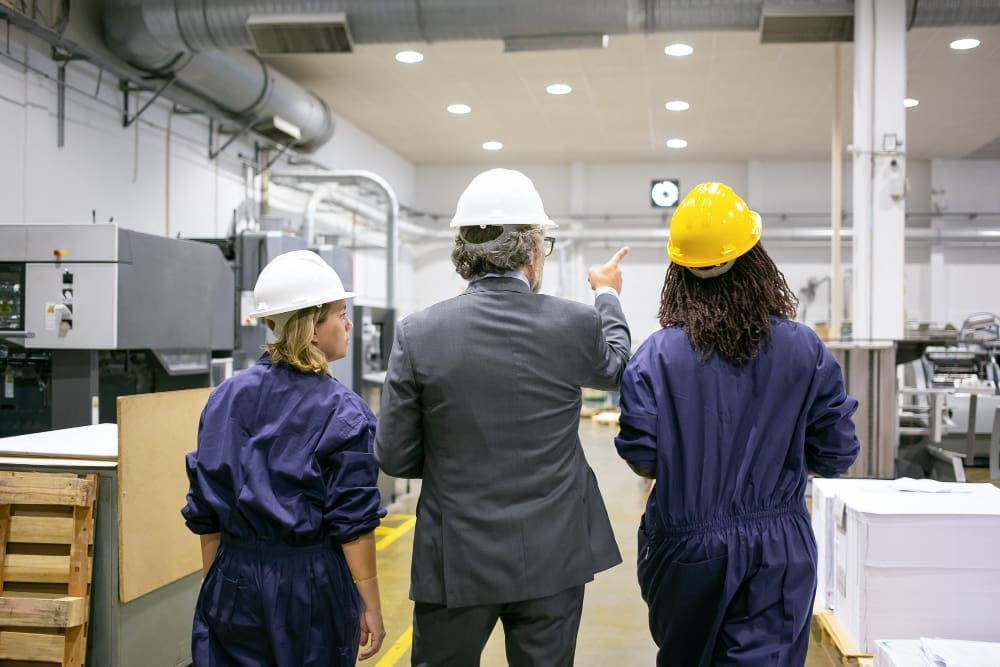The Trump administration’s implementation of tariffs aims to correct an imbalance in the global trading system perceived to favor foreign companies over U.S. manufacturers. Drew Greenblatt, president and owner of Marlin Steel Wire Products in Baltimore, Maryland, supports this move. His company, which produces baskets and racks for various industries, employs 115 people and operates in Maryland, Indiana, and Michigan. Marlin sources its steel from Tennessee, Illinois, and Michigan but faces challenges competing with overseas manufacturers due to economic disadvantages.
The administration has labeled U.S. manufacturing as both an economic and national security priority in light of its long-term decline. As of January 2025, manufacturing employment has reduced by 35% from its peak in June 1979, according to labor statistics. To address this, tariffs have been imposed on key trading partners, with the expectation of encouraging more domestic production and creating better-paying jobs in sectors such as automotive and appliance manufacturing.
Greenblatt believes that achieving tariff parity could potentially allow him to double his workforce. However, the new tariff policies bring a level of uncertainty, causing concern among some business owners. Corry Blanc, who runs Blanc Creatives in Virginia, has expressed apprehension. His business, which manufactures cookware using American materials, faces challenges in scaling production to meet potential increases in demand for American-made goods. Blanc cites economic uncertainty as a significant obstacle, even more daunting than previous hardships like the pandemic.
Similarly, Michael Lyons of Rogue Industries in Maine is cautious about expanding his business due to tariff-related uncertainties, despite the potential for long-term benefits. A Canadian client recently ceased buying from Rogue Industries, underscoring the trade friction’s impact.
Not all business leaders view the tariffs negatively. Bayard Winthrop, CEO of American Giant, sees them as an opportunity to revive American manufacturing. His company, which began by selling sweatshirts and now offers a broader clothing range, sources materials from southeastern states and operates a factory in North Carolina. Winthrop hopes the tariffs will help restore a competitive edge for domestic manufacturers, especially in the textile sector.
Winthrop acknowledges concerns about tariff volatility but emphasizes the importance of a long-term perspective. He advocates for a protective stance on domestic manufacturing, viewing it as a necessary shift in policy to bolster the U.S. economy.








